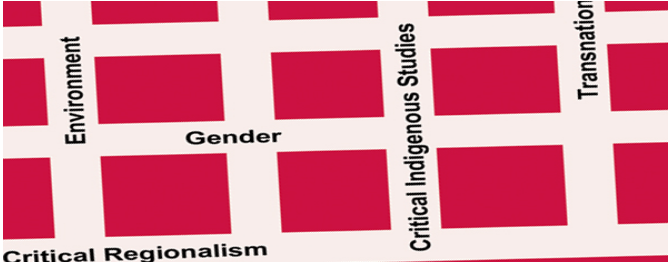
American Studies ETDs
Publication Date
7-1-2016
Abstract
This dissertation explores cultural narratives regarding the relationship between environmental toxins and breast cancer causation. It is not an analysis of current scientific research; grounded in Foucault’s theory of genealogy and archaeology, it evaluates cultural narratives on breast cancer causation that may be subsumed by the mainstream focus upon a cure for breast cancer, overlooking how people with breast cancer perceive illness causation, particularly as it relates to toxic exposure. Theories of place, space, and the neoliberal politics behind biotechnology support understanding the toxification of the human body as neocolonialism, and invite decolonizing methodologies as a means of understanding and opposing what is happening in the microgeographies of “inner space.” Current artistic representations of breast cancer causation and the toxic body are evaluated as a means for reframing discussions about breast cancer to bring discourses of breast cancer causation into what Rancière identifies as “the sensible,” or that arena of political discourse that is mainstream, topical and drives mass cultural awareness.
Language
English
Keywords
Breast cancer, environmental toxins, visual culture, narratives, representation
Document Type
Dissertation
Degree Name
American Studies
Level of Degree
Doctoral
Department Name
American Studies
First Committee Member (Chair)
Michael L. Trujillo
Second Committee Member
Miguel Gandert
Third Committee Member
Vera Norwood
Fourth Committee Member
Alexander S. Lubin
Recommended Citation
Martin, Cynthia L.. "Decolonizing the Body: Breast Cancer and the Environment in Toxic Times." (2016). https://digitalrepository.unm.edu/amst_etds/47

Comments
http://hdl.handle.net/1928/33037